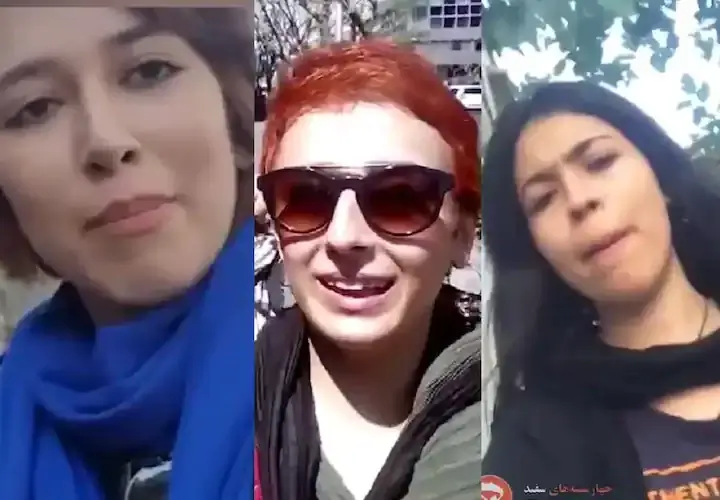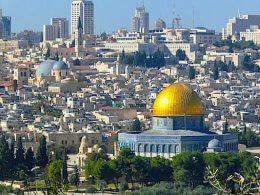When Sepideh Rashno appeared last month on Iranian state television to apologize to another woman for refusing to wear a hijab in public, longtime observers of Iran's government viewed her actions as a “forced confession.”
Rashno was later arrested and her apology to the other woman was aired on state television. The apology program was continued later in another special report showing her “confessing.”
That public apology arrived at around the same time as women from across the country began a social media campaign to protest the government's hijab law. Some shared photos and videos of themselves without headscarves in public places. They've used a #No2Hijab or #ImAgainstMandatoryHijab hashtag. Several have been arrested for the online posts, a lawyer said.
Iran's hijab laws are enforced by the morality police, which often patrols busy areas of the cities and arrests women on the streets for not being compliant with the traditional Islamic dress code.
Last month's campaign activity has been treated more strictly by the morality police and those arrested for their activism could face more severe sentencing, as the Iranian judiciary seemed poised to interpret the anti-hijab campaign as a collective act organized by the West, with Iranian officials saying the protests amounted to a plot against Iranian women's "chastity."










